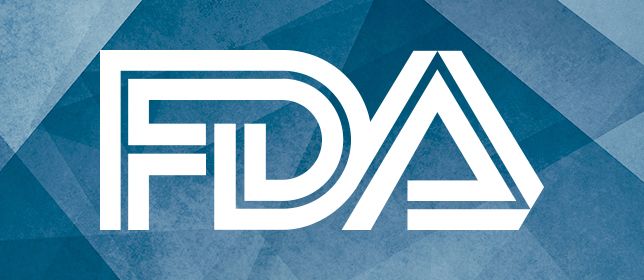Virus Therapy Gets Orphan Drug Designation for Glioma Treatment
The FDA granted an orphan drug designation to herpes simplex virus type 1 (HSV-1) oncolytic virus MB-108 for malignant glioma treatment.

MB-108, a second-generation herpes simplex virus type 1 (HSV-1) oncolytic virus, was granted an orphan drug designation (ODD) by the FDA for the treatment of malignant glioma.1
MB-108 is under investigation for the treatment of patients with recurrent glioblastoma in an ongoing phase 1 trial (NCT03657576) at City of Hope, where it was shown to be active and well tolerated.
Additionally, preclinical data previously reported at the 2022 AACR Annual Meeting support the addition of MB-108 to the novel IL13Rα2‐targeted CAR T-cell therapy MB-101 for patients with recurrent glioblastoma.This combination regimen, MB-109, was designed to make cold tumors “hot” and potentially improve the efficacy of MB-101 CAR T-cell therapy.
Previously reported data from separate phase 1 studies of MB-101 (NCT02208362) and MB-108 demonstrated that these therapies were well tolerated in patients with recurrent glioblastoma multiforme. Notably, 2 patients with high levels of intratumoral CD3-positive T cells prior to treatment (indicating “hot” tumors) who received MB-101 alone achieved complete responses lasting 7.5 and more than 31 months, respectively. These patients had the highest pre-treatment tumor activity among all 53 patients treated in this phase 1 study.
Both phase 1 clinical trials for MB-101 and MB-108 are ongoing at City of Hope and the University of Alabama at Birmingham, respectively.
“The ODD for MB-108 is significant for Mustang, as it could provide additional market exclusivity. [We] hope to advance MB-108, in combination with MB-101, as a potential treatment option for patients living with malignant glioma, including patients with recurrent glioblastoma and high-grade astrocytomas, where there is historically a median overall survival of six months,” Manuel Litchman, MD, president and chief executive officer of Mustang Bio, Inc., stated in a press release.
During the administration of MB-109, MB-108 is first injected into the tumor cells to infect them, which leads to the recruitment of endogenous CD8- and CD3-positive effector T-cells. These T-cells result in an inflamed tumor microenvironment that may permit injected MB-101 CAR T cells to better infiltrate into and throughout the tumor mass, undergo activation and promote the killing of tumor cells.
In October 2023, the FDA accepted an investigational new drug application for MB-109 for the treatment of patients with IL13Rα2-positive relapsed or refractory glioblastoma and anaplastic astrocytoma.2 The combination is being evaluated for this patient population in a phase 1 trial.3
The company also noted that further development of the MB-109 program for recurrent glioblastoma and high-grade astrocytomas is contingent upon raising additional funding and/or consummating a strategic partnership.1
“Our novel therapeutic strategy, combining our MB-108 oncolytic virus with MB-101 CAR T-cell therapy, could be the first-ever industry-sponsored trial of its kind for the treatment of malignant glioma. As such, Mustang plans to also request ODD from the FDA for MB-101 [IL13Rα2‐targeted CAR T-cell therapy] in malignant gliomas,” Litchman continued. “These advancements highlight our dedication to potentially improving outcomes for patients battling difficult-to-treat cancers.”
References
1. Mustang Bio granted orphan drug designation by US FDA for MB-108 (HSV-1 oncolytic virus) to treat malignant glioma. News release. Mustang Bio. November 7, 2024. Accessed November 7, 2024. https://ir.mustangbio.com/news-events/press-releases/detail/184/mustang-bio-granted-orphan-drug-designation-by-u-s-fda-for
2. Mustang Bio announces FDA acceptance of IND application for MB-109, a novel combination of MB-101 (IL13Rα2‐targeted CAR-T cell therapy) and MB-108 (HSV-1 oncolytic virus), for the treatment of recurrent glioblastoma and high-grade astrocytoma. News release. Mustang Bio, Inc. October 26, 2023. Accessed November 7, 2024.https://ir.mustangbio.com/news-events/press-releases/detail/168/mustang-bio-announces-fda-acceptance-of-ind-application-for
3. Mustang Bio announces a phase 1 clinical trial combining MB-101 (IL13Rα2‐targeted CAR T cell therapy) and MB-108 (C134 oncolytic virus) for the treatment of glioblastoma. News release. Mustang Bio. April 13, 2022. Accessed November 7, 2024. https://ir.mustangbio.com/news-events/press-releases/detail/137/mustang-bio-announces-a-phase-1-clinical-trial-combining



